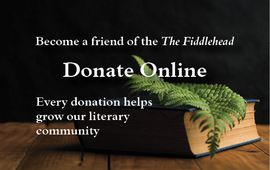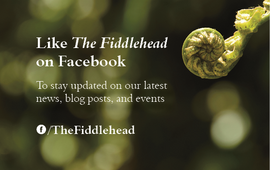
To understand more about my Native heritage, I’ve been immersing in books about Aboriginal healing. I’ve found three sources, two non-fiction and one fiction, that are giving me a very full perspective.
“Indigenous Healing” by Rupert Ross begins with laying out traditional Native world views and their emphasis on the importance of language, ceremony, and thankfulness in maintaining right relations with all aspects of creation. When he introduces the devastating effects of colonization, especially the residential school system, we feel it all the more from having read about what was lost. Finally, he moves into means of healing from colonization, “decolonization therapy”, and the ways that Aboriginal healing practices and approaches differ from Western individual-centered therapy. Although Rupert Ross is non-Indigenous and a former assistant Crown Attorney who worked in Northern Ontario, he shows a remarkable humility, openness, and respect that has allowed him to listen to and learn from Elders and Indigenous healers throughout his career.
The second book is “Stolen Life: A Cree Woman’s Journey” by Yvonne Johnson and Rudy Weibe. If anything can show the horrible lingering effects of the residential school system and colonization on survivors and the children of survivors, this would be the book. Rudy Weibe, a Canadian novelist, conducted interviews with Yvonne Johnson while she was in prison for first degree murder. Told mostly in her own words, hers is a harrowing story of abuse and degradation, but ultimately a story of a remarkable woman’s ability to heal and move forward into a productive life while in prison and after.
And finally, there’s Richard Wagamese’s novel, “Keeper ‘n Me.” Garnet Raven was taken from his home on an Ojibway reserve when he was three and placed in a series of foster care homes. After struggling with urban life as a teenager he lands in jail. When a letter from his family finds him, he decides to return to his home reserve in Northern Ontario. Through his connection to his people and a more traditional way of life, and the guidance of Keeper, an elder who has had his own share of derailment into alcohol, he finds his way back to his own Native soul. Wagamese’s depiction of life on the contemporary reserve and the effect on Garnet take me right back to the early part of Rupert Ross’ book, underlining the role of traditional teachings in healing.
All three books in different ways have given me a sense of deep sadness, but also pride in who my people are and where we’ve come from, and the possibility of healing from all that’s been taken.
Melinda Burns is a writer and psychotherapist in Guelph, Ontario. Her fiction, poetry, and non-fiction have appeared in The New Quarterly, Canadian Notes and Queries, Grain, and The Fiddlehead. The baby in her poem, “Saved,” survived and turned into a wonderful daughter now living in Toronto
You can find Melinda Burn's Poem "Saved" in Issue 297 Autumn 2023. Order the issue now:









